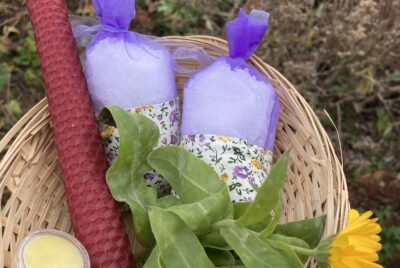RESEARCH
Design of Sensory Gardens for Children with Disabilities in the Context of the United Kingdom
Summary
This paper explores the design and use of sensory gardens in special schools in the United Kingdom, focusing on how they benefit children with disabilities. Sensory gardens are outdoor spaces specifically designed to stimulate all the senses—sight, touch, smell, sound, and even taste—through features like textured plants, colorful flowers, water elements, and interactive pathways. The study examines two case studies: Lyndale School and the Royal School for the Deaf and Communication Disorders (RSDCD). Observations showed that sensory gardens support students’ physical mobility, communication skills, and emotional well-being by encouraging exploration and interaction with nature. For example, students used sensory cues like lavender scents or textured pathways to navigate the gardens independently. However, challenges such as inaccessible features (e.g., gravel paths or high planting beds) and maintenance issues were noted as barriers to full engagement.
The findings highlight that sensory gardens are most effective when designed with input from students and teachers to meet specific needs. Accessible pathways and features placed close to walking areas were key to maximizing use and enjoyment. Teachers also used these gardens as extensions of classrooms for activities like speech therapy or hands-on learning. The paper concludes with recommendations for landscape architects to prioritize accessibility, sensory stimulation, and long-term maintenance in garden designs. Sensory gardens have great potential to enhance learning opportunities and improve the quality of life for children with special educational needs.







